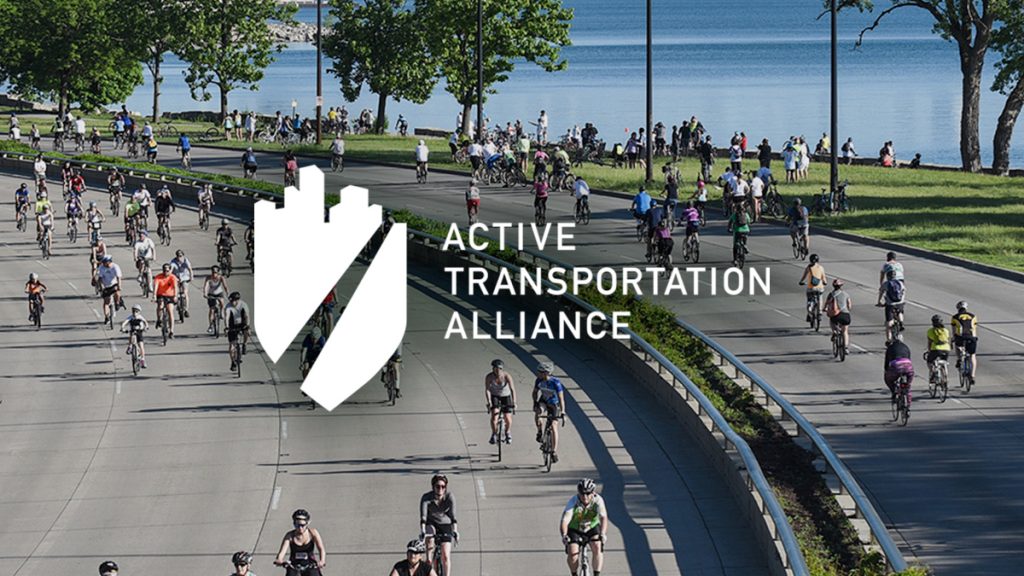The Bicycle Commuter Benefit offers businesses a low-cost way to improve their benefits package and to encourage their employees to bike to work, and we hope this benefit is soon expanded to match other commuting benefits.
The IRS has supplied guidelines for businesses to implement the benefit, but the law does not provide the same benefits that transit or car commuters have.
Here is the official word:
- Employers can provide up to $20 per month to encourage bike commuting, making the incentive itself no longer taxable.
- Expenses can include a commuter bike, upgrades, repairs and bike parking.
- Be careful: You can’t use the $230 transit benefit (up from $115 thanks to the recently passed stimulus package)or the $220 parking benefit in months when you use the $20 bike benefit.
Transit and parking benefits allow employers to provide benefits in lieu of pay, or permits employees to directly deduct it from their wages, with both sides saving on taxes. That’s not the case with the bike benefit because it cannot be deducted from taxable income. Employers can spend money to create the additional bike benefit program, which we encourage, but payroll and income taxes don’t get reduced, which is a major incentive for similar benefits.
Active Trans wants a better law. We want full pre-tax benefits for bike commuters on par with transit and parking. And because it is a multi-modal world, we want people to be able to combine the transit and bike benefits at the same time.
What you can do: Educate your employer on this provision. Stress that it is an effective way for businesses to be green and help their employees stay happy and healthy. Employers that provide transportation fringe benefits have noted reduced stress from not driving, increased job satisfaction, improved on-time arrival and enhanced productivity.

